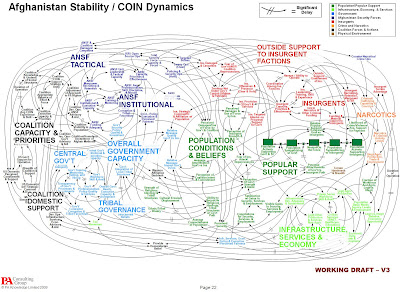By coincidence, the last two movies that I saw were both adapted from plays. Both films were highly spoken of, but both didn't satisfy me entirely.
Glengarry Glen Ross is (roughly) 24 hours in the lives of four real estate salesmen whose already tough professional existences become threatened by a sales contest that will result in half of them being fired. How this drives them in different ways is the plot. It takes very little time for desperation, capitulation, changes in fortune, and even crime to show up.
This is a story told using a firehose of dialogues and reaction. The opening acting credits spill over with a massive overdose of acting prowess which help translate this to screen. Jack Lemmon in particular is put through the blender. Sometimes, I wonder if its worth seeing even fictional characters stripped down to their basic forms, bereft of any respect.
However, the film never shrugs off its dramatic origins, and is infuriatingly static in location. The atmospheric stuffiness caused by the rain is both useful and distracting. The high profanity rate may put some off (Wikipedia notes that the film was jokingly titled "Death of a F***in' Salesman" :-)).
Recently, a memo written by David Mamet (the playwright and screenwriter for this movie) has been doing the rounds (and reached me thanks to Sud). An interesting viewpoint on the construction of a dramatic piece of writing, it finally made me get hold of Glengarry Glen Ross, probably his most famous work.
Frost/Nixon is a peeling away of a different kind - of one of the most controversial politicians of the last 40 years. Richard Nixon, a tricky customer of the highest order, disappeared into Air Force One after a defiant wave that left many Americans annoyed. Through a conjunction of commerce and contrivance, British TV presenter David Frost (perhaps only seen on Indian TV as the host of The Guinness Book of World Records once upon a time, and now suitably snow-haired and knighted) interviewed the man who never showed any regret for the Watergate Affair.
The movie prefers to focus on the personalities of the two 'adversaries' rather than treat it as the cross-examination it supposedly was. Frost comes across as a pop-presenter desperately wanting to be taken seriously, while Nixon is a lumbering old man whose self-inflicted guilt weighs down his shoulders. Therein lie the problems with an otherwise engaging movie about just a bunch of interviews.
My own perception of Nixon, even post-Watergate, was of a man who never grew out of being a canny politician who knew that people were out to get him. Towards the end, Frank Langella (playing Nixon), with his excessively deep rendition of the Nixon baritone, reminded me of Martin Landau's portrayal of Bela Lugosi in Ed Wood - a once-great performer who had finally accepted it was all over. Michael Sheen's Frost is that of a lightweight who has to be taught how to control his intellectually superior interviewee, which is at odds with whatever little I have seen of the real David Frost. Perhaps years of television imaging has permanently and irreparably imprinted their respective brands inside my head!
Wikipedia and some clips of the actual interviews online remind us to view the movie as a piece of creative content that may not entirely coincide with reality. But there is much in the movie to watch. A favourite moment was when Nixon tells Frost that given the need of politicians to be liked by people, it would have made more sense for Frost to have been the politican. Of course, Michael Sheen - the man who seems to glide with ridiculous ease into parts calling for a charming Englishman in crisis - played slick Tony Blair in The Queen. Tony Blair, who was everything Nixon wasn't, and ironically, found himself in a similar sort of pickle at the end of his career at the top.



